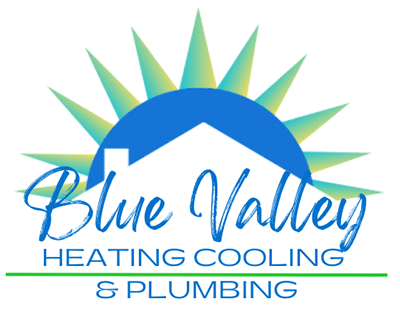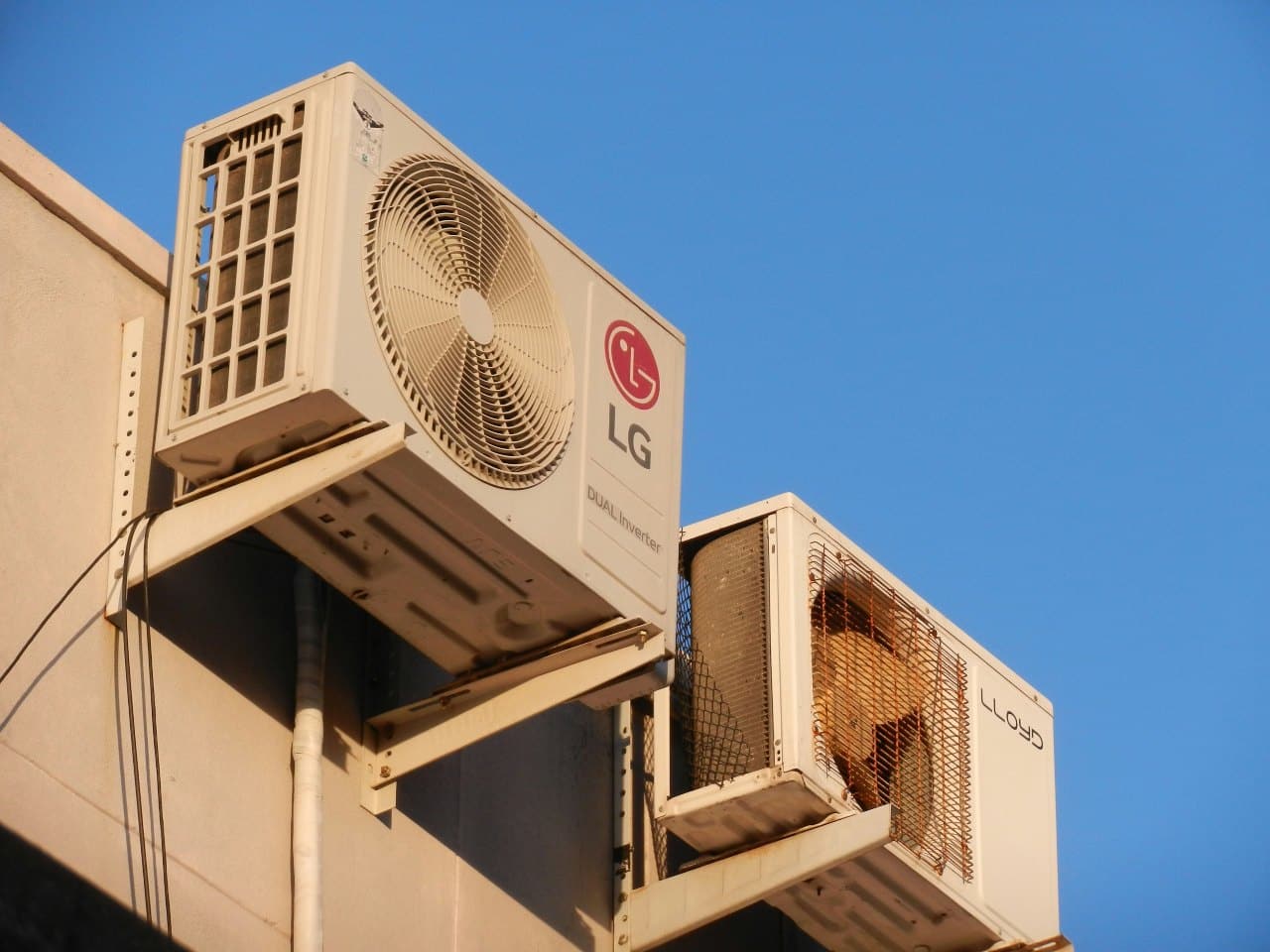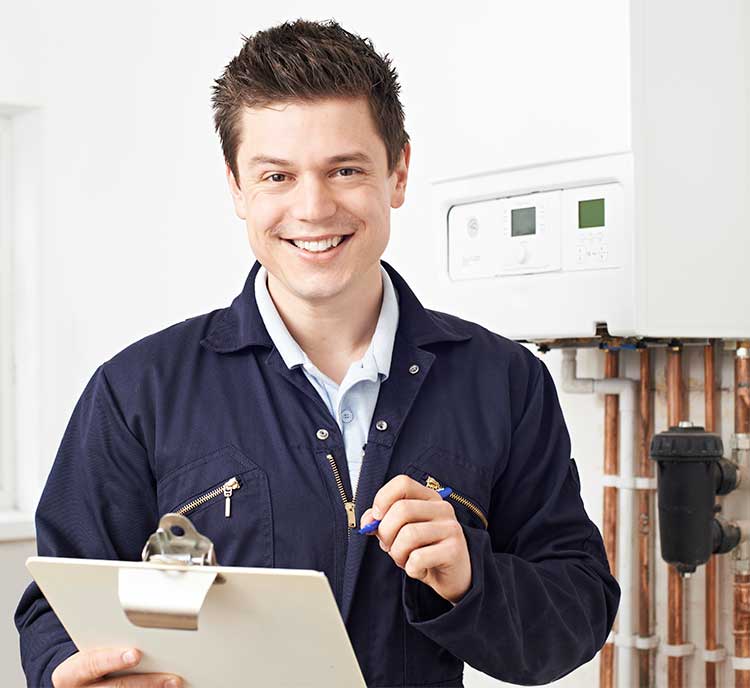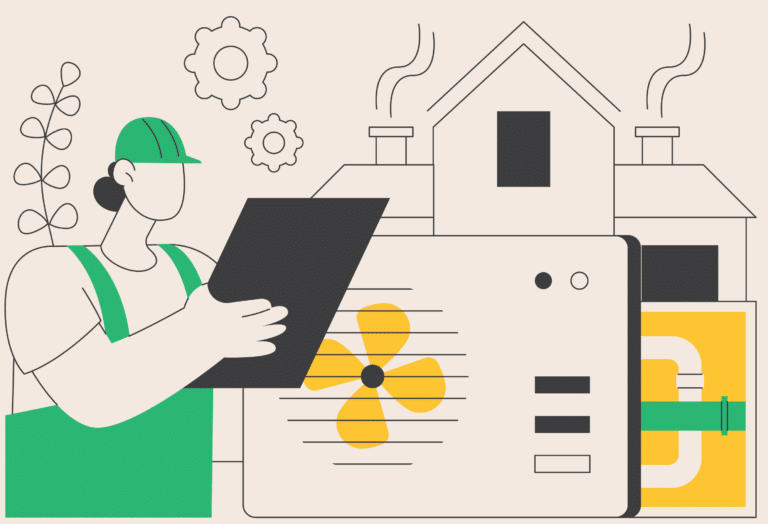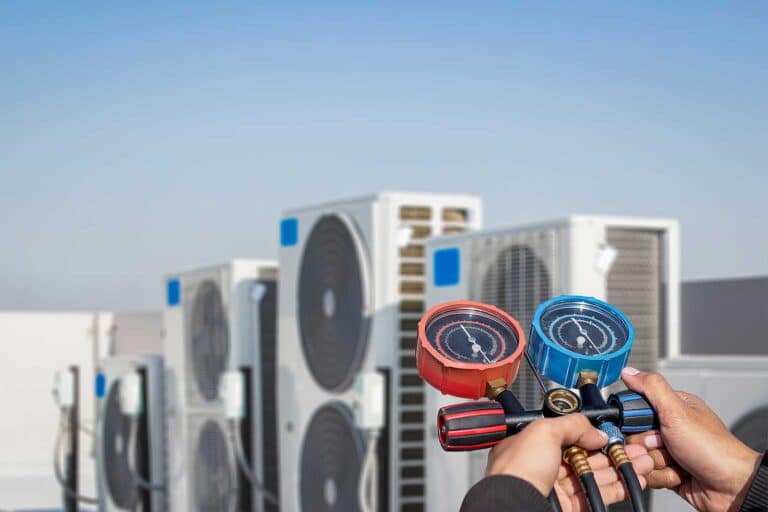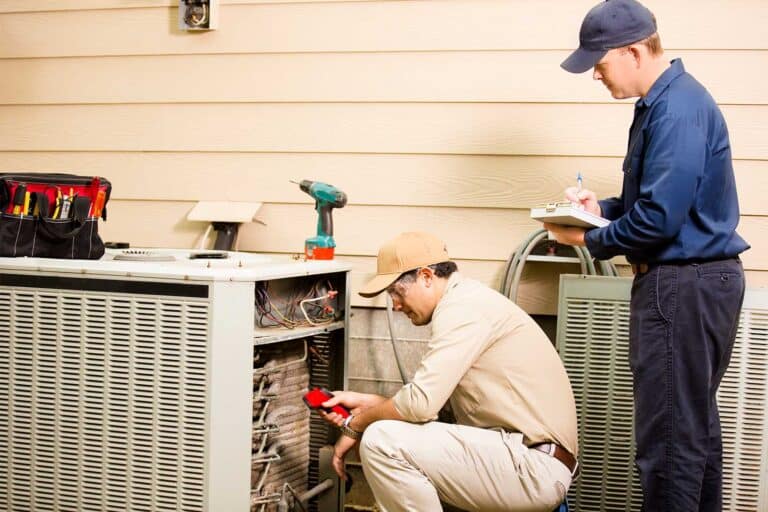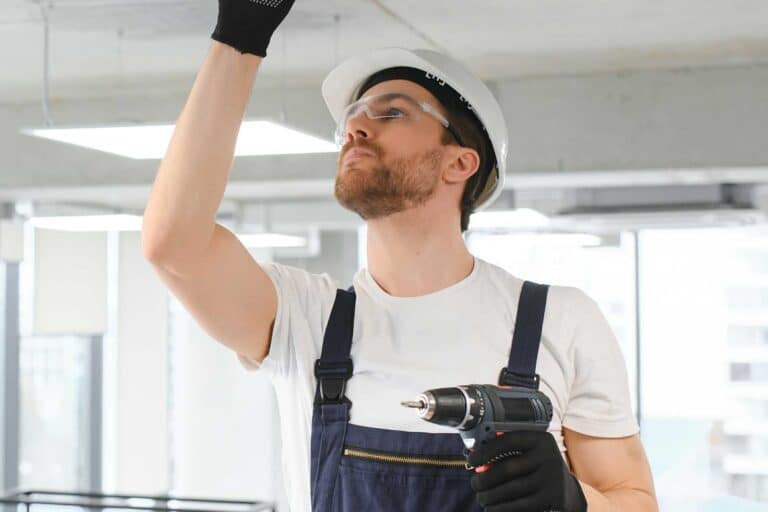HVAC Repair: How Know That Your System Need Attention
When your heating or cooling system kicks on and suddenly starts rattling, buzzing, or banging, it’s easy to ignore it—until it becomes impossible to ignore. Unusual noises are one of the most common warning signs that something’s wrong, and they’re one of the top reasons homeowners need HVAC repair.
At Blue Valley Heating and Cooling, we help homeowners across Colorado decode what these sounds mean and determine whether it’s a quick fix or a signal of something more serious. In this article, we’ll walk you through the most common HVAC noises, what causes them, and when to call for professional HVAC repair.
Strange noises often start small—a faint rattle, a brief squeal, or a click that seems harmless. But these sounds rarely disappear on their own. In fact, most will gradually grow louder as the problem behind them worsens. By the time a noise is disrupting your household, the underlying issue may already be causing extra wear and higher energy bills.
It’s also important to remember that some noises aren’t just about comfort—they can point to safety concerns like electrical faults or gas ignition problems. Knowing which sounds require immediate attention can help you avoid costly breakdowns and protect your family. That’s why paying attention to noises and scheduling timely HVAC repair is so critical.
Keynotes: Noises That Signal Trouble
- Banging = loose or broken parts
- Hissing = air leak or refrigerant issue
- Squealing = belt or motor bearing failure
- Clicking = electrical or relay issue
- Buzzing = electrical danger or frozen coil
Catching these early means quicker and more affordable HVAC repair.
1. Banging or Clanking Sounds
Banging noises typically mean that a component has come loose or broken inside your system. This could include the blower motor, compressor, or even parts of the fan assembly.
Possible causes:
- Loose fan blades
- Broken motor mounts
- Failing compressor
If ignored, these issues can cause bigger damage. Call for HVAC repair immediately to avoid total system failure.
2. Hissing or Whistling
A high-pitched hissing or whistling usually points to an air leak, often in your ductwork or refrigerant lines. This sound could also signal a pressure issue within the system.
Possible causes:
- Leaky ducts
- Refrigerant leak
- Cracked heat exchanger (in furnaces)
Since refrigerant leaks can affect performance and safety, this is one noise you should never ignore. A certified technician can quickly pinpoint the source and perform the necessary HVAC repair.
Learn more about our air conditioning repair services.
3. Clicking or Ticking Noises
Clicking sounds may occur during startup or shutdown. This is often harmless, but repetitive clicking or ticking may indicate something more serious.
Possible causes:
- Failing electrical components
- Malfunctioning thermostat
- Loose fan blades hitting the housing
If the noise is continuous or your system won’t start, it’s time for professional HVAC repair to inspect electrical and control systems.
Check out our thermostat services for smarter control and prevention.
4. Squealing or Screeching
Loud squealing or screeching can be jarring. This noise often comes from belt-driven systems or failing motor bearings.
Causes include:
- Worn blower motor belt
- Dry or unlubricated bearings
- Misaligned pulleys
Ignoring this sound can lead to full motor failure. Schedule HVAC repair before the component burns out entirely.
5. Buzzing or Electrical Zapping
Buzzing from your indoor or outdoor unit can mean a few things. If it’s electrical, it could be dangerous.
Potential causes:
- Loose wiring
- Faulty contactor or capacitor
- Frozen evaporator coil (causing motor strain)
Never try to fix electrical components yourself. Shut off the system and call Blue Valley Heating and Cooling for expert HVAC repair.
6. Rattling or Vibrating
This sound often starts subtly and grows louder. Rattling usually indicates a part coming loose or debris trapped in the unit.
Common causes:
- Loose panel or screws
- Debris in the fan or housing
- Worn-out insulation or mounting brackets
Tightening panels might fix it, but if the sound continues, schedule an HVAC repair appointment to prevent system wear.
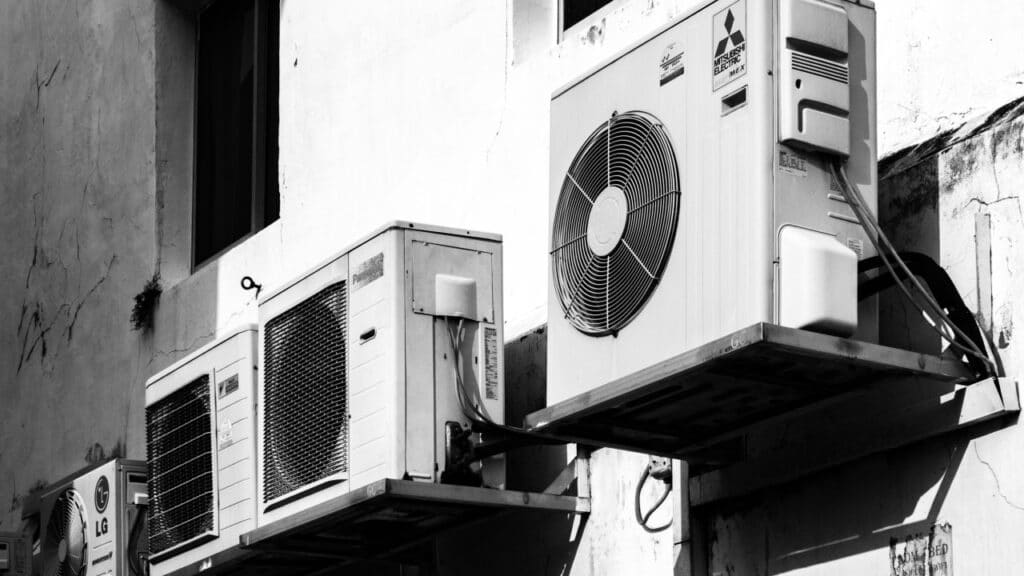
7. Gurgling or Bubbling
A bubbling or gurgling sound can come from trapped air in your refrigerant lines or condensate drain. While not immediately dangerous, it can hurt system efficiency.
Causes:
- Refrigerant leak
- Blocked condensate drain
- Air in fluid lines
Technicians can flush the system and check refrigerant levels as part of a comprehensive HVAC repair service.
Discover more about our heat pump services.
8. Boom or Loud Pop at Startup
If you hear a loud boom or pop when the furnace ignites, this could indicate delayed ignition—a potentially hazardous situation.
Likely causes:
- Dirty burners
- Too much gas buildup before ignition
- Flame rollout issue
This needs immediate HVAC repair to prevent further damage or a possible fire hazard.
Learn how our furnace repair services can restore safety and comfort.
When to Call for HVAC Repair
Not all noises mean disaster—but most of them mean something’s out of tune. Here’s when to stop waiting:
- The noise is loud or persistent
- You smell burning or gas
- Your system won’t start or cycle properly
- Performance has dropped (less airflow, less cooling or heating)
If your HVAC system is making strange sounds, don’t wait until it breaks completely. Timely HVAC repair can prevent bigger issues down the road.
Keynotes: Cost of Delayed HVAC Repair
- A loose part can turn into a burned-out motor
- Ignoring a refrigerant leak can reduce cooling by up to 50%
- A minor squeal today could cost $800+ in motor replacement later
- Fixing an issue now can extend system life by years
FAQs About Noisy HVAC Systems
Why is my HVAC system suddenly making noise?
Most noises result from loose parts, airflow blockages, or electrical faults. If it’s new or worsening, schedule HVAC repair right away.
Are HVAC noises dangerous?
Some can be—especially electrical buzzing, gas smells, or ignition booms. These require immediate professional attention.
Can I fix HVAC noises myself?
You can tighten access panels or change filters. But internal components, refrigerant, or electrical issues require licensed HVAC repair.
How much does HVAC repair cost for noisy systems?
It depends on the issue, but most common repairs range from $150–$600. Catching problems early usually keeps costs lower.
How do I prevent noisy HVAC systems?
Regular HVAC maintenance helps prevent component failure and keeps things running smoothly.
If your HVAC system is making strange noises, don’t wait for it to break down completely. Blue Valley Heating and Cooling provides expert diagnostics and fast, affordable HVAC repair across Longmont, Erie, Boulder, and Centennial.
📞 Schedule your HVAC repair today:
https://bluevalleyheatingcooling.com/contact-us/
